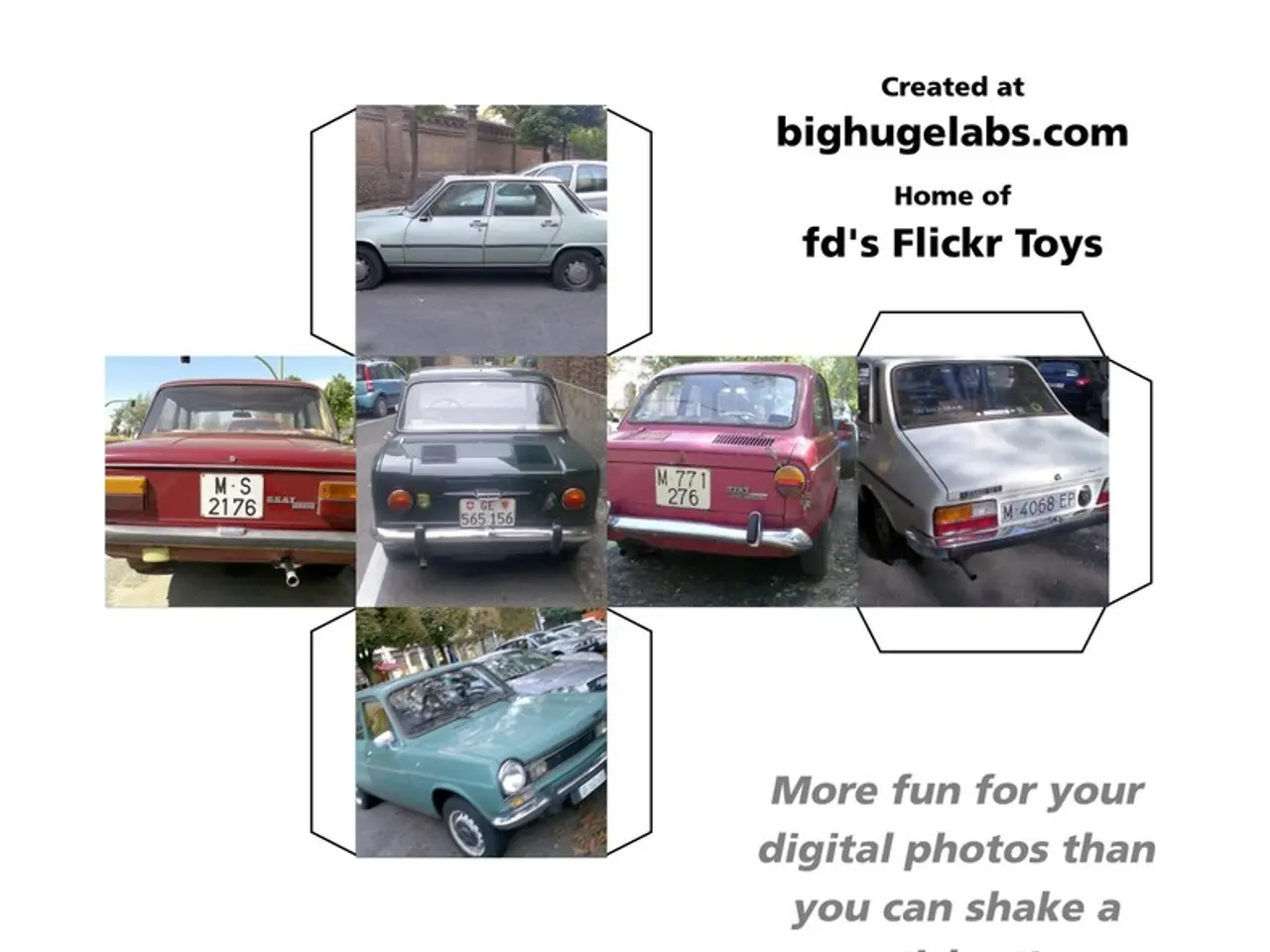Self-Governing and Autonomous Automobile Updates: Applied Intuition, Hesai, Plus, Tesla, Pony.ai, and Wayve
In the ever-evolving world of technology, autonomous vehicles have taken significant strides in 2025, marking a transition from experimental phases towards more mainstream, real-world use cases.
Companies like Tesla, Waymo, Applied Intuition, Pony.ai, Hesai Technology, and Plus are leading the charge, each making notable advancements in their respective fields.
Tesla continues to expand its AI-powered self-driving technology, with testing now extending to international markets such as Japan. However, the company's Full Self-Driving (FSD) feature remains under regulatory and safety scrutiny after several reported accidents in low-visibility conditions.
Waymo, a pioneer in autonomous robotaxi services, operates Level 4 self-driving vehicles in multiple U.S. cities. The company has introduced a teen ride account feature in Phoenix, aiming to safely extend its services to younger users. Despite high vehicle costs, Waymo sustains multi-city deployments through extensive real-world testing, regulatory approvals, and user experience advancements.
Hesai Technology, a prominent LiDAR sensor maker, secured a collaboration with Toyota for integrating its long-range LiDAR into a new-energy vehicle manufactured by a Toyota joint venture in China, planned for mass production in 2026.
Pony.ai, a Chinese autonomous vehicle startup, attracted substantial new investment from ARK Invest and other institutional investors, potentially fueling expansion and technology refinement. Pony.ai Europe, the European division of Pony.ai, has signed a Memorandum of Understanding with Emile Weber, Luxembourg's leading transport company, to advance the development of autonomous mobility in the Grand Duchy.
Plus, a company specializing in autonomous trucking, won the 2024 Reuters Automotive D.R.I.V.E. Honours for its Level 4 AI-based autonomous driving software, SuperDrive, in the Innovation category.
Regulatory progress is strong in 2025, with 25 U.S. states introducing legislation addressing autonomous vehicle licensing, insurance, and testing. The National Highway Traffic Safety Administration (NHTSA) is prioritizing updating AV frameworks to balance safety and innovation, conducting research into augmented reality testing and safety design adaptations for non-traditional seating.
However, concerns about safety incidents persist, requiring robust oversight. The NHTSA is currently investigating Tesla's FSD technology following several accidents, including one where a Tesla failed to stop at an active railroad crossing with signals activated.
While consumer confidence in fully automated self-driving vehicles remains low, there are small signs of increased trust. Consumers express concerns about data privacy and hacking, with parents of teen drivers being more comfortable letting their children drive the household vehicle than ride in a robotaxi or use Uber teen.
In summary, autonomous vehicle technology is progressing rapidly, with active corporate partnerships, significant capital investments, and ongoing software and hardware improvements driving this advancement. Regulatory environments are evolving to keep pace with these developments while addressing public safety and liability concerns.
- The automotive industry is witnessing an influx of mobility technology, with companies like Tesla and Waymo leading the way in developing driver assistance systems for autonomous vehicles, despite regulatory and safety scrutiny.
- Meanwhile, finite progress is seen in finance, as companies invest heavily in autonomous vehicle technology, such as Pony.ai attracting funds from ARK Invest for expanding and refining their mobility technology in Europe.
- Technology firms, like Hesai Technology, collaborate with automakers, such as Toyota, to integrate cutting-edge technology like LiDAR sensors into mainstream transportation, setting the stage for mass production in 2026.




